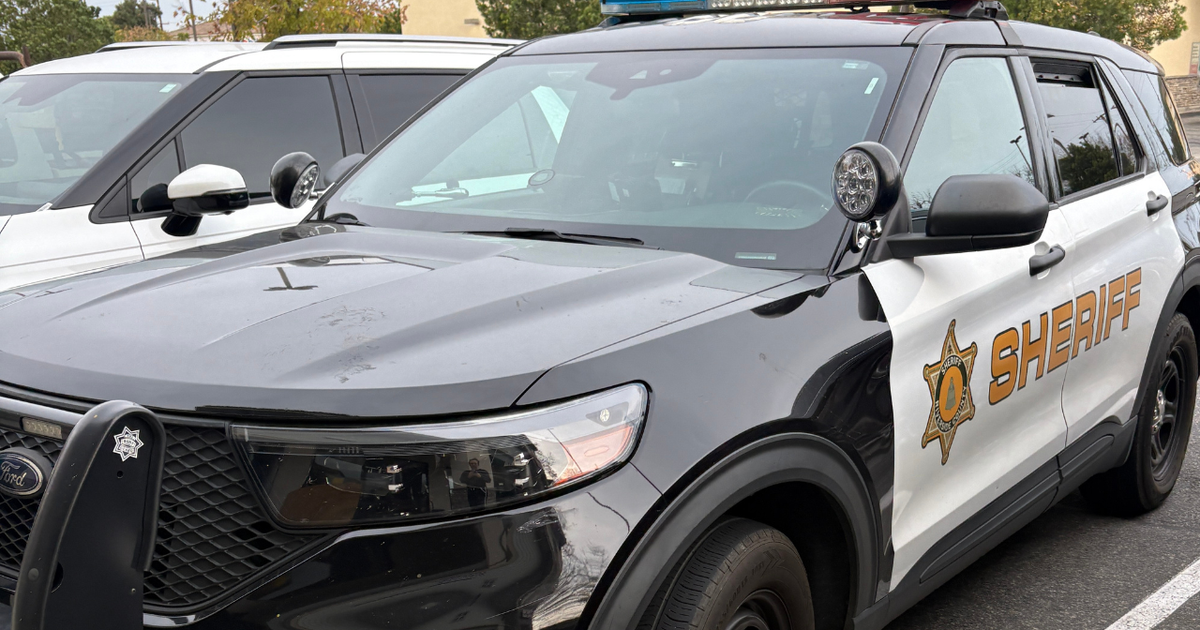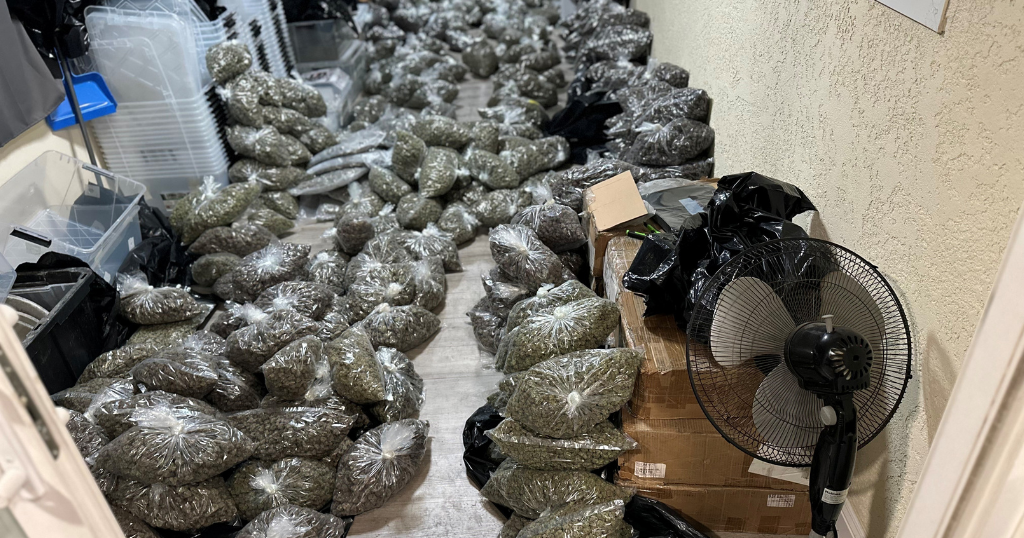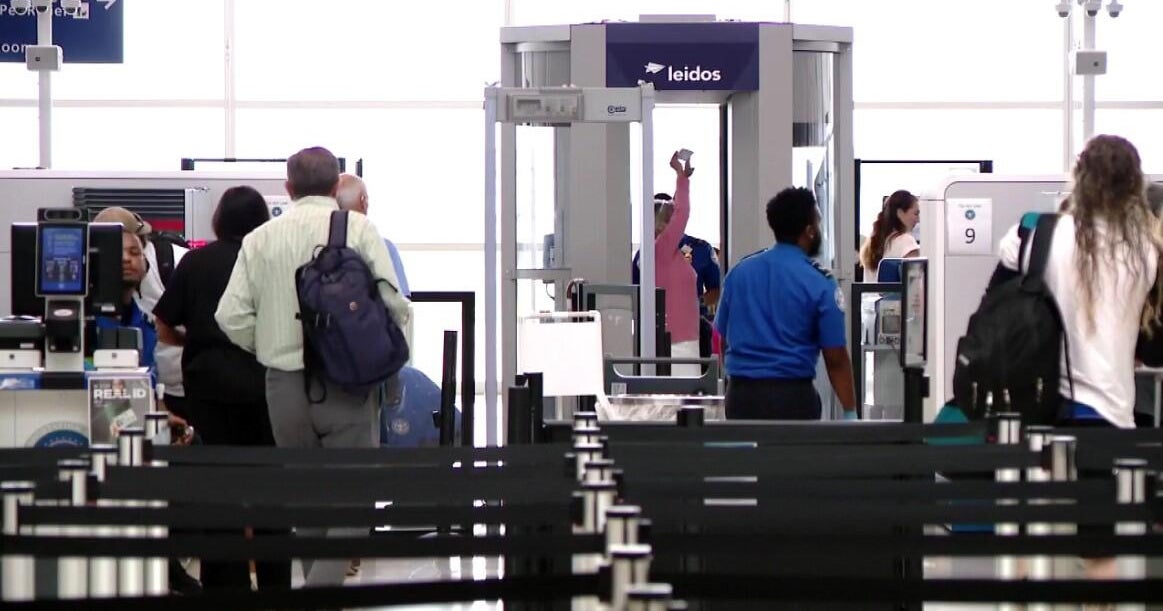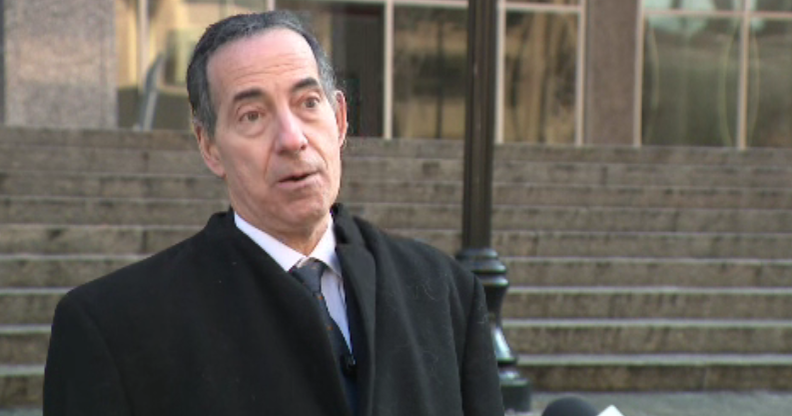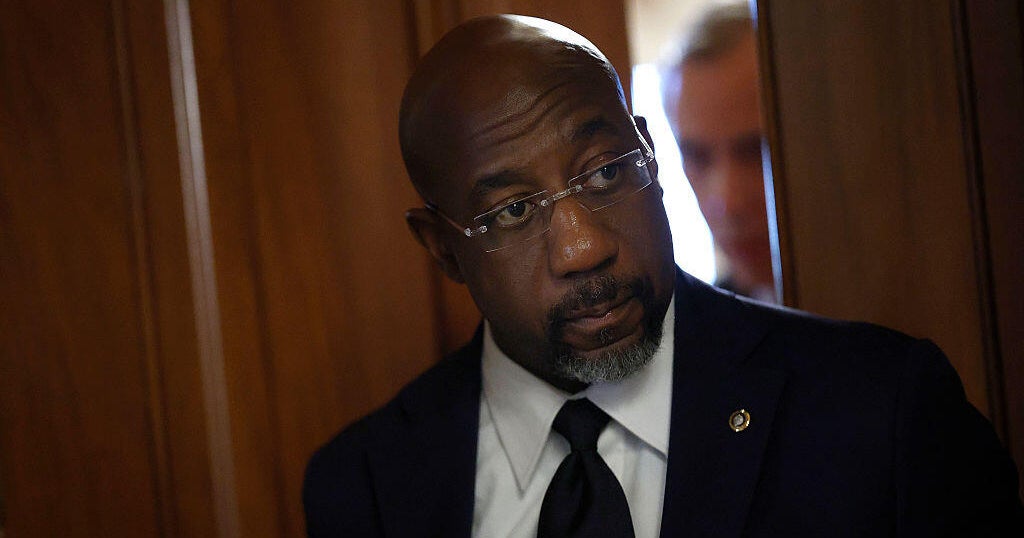Scott Administration Wants More Restrictions On Marijuana Proposal
TALLAHASSEE (CBSMiami/NSF) - Gov. Rick Scott and his surgeon general are balking at a proposal headed to the House floor that would open the door for a strain of marijuana that doesn't get users high but is believed to dramatically reduce seizures in children with a rare form of epilepsy.
Instead, Scott wants a more limited approach that would put children with "intractable" epilepsy, as well as children and adults with other diseases, into clinical trials for the drug. The trials would require cooperation with the U.S. Food and Drug Administration or drug companies.
A plan approved by the House Judiciary Committee on Monday includes language proposed by Scott that would create an "Office of Compassionate Use" within the Department of Health that would "enhance access to investigational new drugs for Florida patients through approved clinical treatment plans or studies."
"Investigational new drug" studies are the first step in laboratory testing of drugs not yet approved by the Food and Drug Administration.
Florida Surgeon General John Armstrong told the House committee Monday that he has concerns about other areas of the bill but that his approach is "patient-centered and provides access to medications of known content and dose" and could be operational within months.
But Armstrong raised questions about the measure's "plant-focused system … without quality assurance for the precise chemical composition and protection from impurity."
The strain of marijuana, which is high in cannabidiol (CBD) and low in euphoria-inducing tetrahydrocannabinol (THC), would have "variable and unknown content," Armstrong said.
"The safety is unknown and the time to establish such a (distribution system) structure is unknown, likely more than 18 months and subject to rule challenges," he went on."Your Department of Health is committed to helping children and their families managing refractory epilepsy safely. We support access to investigational new drugs with known composition and a regulated risk profile. We must be wary of unintended consequences and remember that first we must do no harm."
Armstrong also pointed to a drug called Epidiolex, a synthetic form of marijuana high in CBD but with no THC. The University of California, San Francisco, started clinical trails on the drug, manufactured by GW Pharmaceuticals, earlier this year.
Under Scott's plan, the "Office of Compassionate Use" could create a network of state universities and medical centers and apply to the FDA or a drug manufacturer for a study. The House measure also includes $1 million for the clinical studies.
"We have concerns with the bill as it is, but have proposed language to ensure safeguards that support the compassionate use through investigational treatments and ensures those suffering get access to treatments in the fastest possible way,'' Scott spokeswoman Jackie Schutz said.
House sponsor Matt Gaetz said that the clinical trials preferred by Scott are a good addition to his bill but an inadequate substitute for allowing anyone whose physician deems they would benefit from the low-THC treatment to get it.
"The governor's suggestions are good. We've taken those suggestions but we're thinking a little bolder," Gaetz, R-Fort Walton Beach, said Monday evening. "I would like to do that and have little kids who can't get into a clinical trial still have their lives saved."
Apart from the language proposed by Scott, the House proposal (HB 843) adopted Monday edged closer to the Senate's approach (SB 1030) to the issue. Parents of children with intractable epilepsy, which does not respond to other treatments, believe a strain of the marijuana produced in Colorado and known as "Charlotte's Web" is their best hope of reducing the hundreds of seizures, some of them fatal, affected children can experience each day.
Like the Senate plan (SB 1070), the House proposal now on its way to the floor would create a "vertical" distribution system where the same company must grow, produce and dispense the product.
The House measure would allow for four distribution centers spread out across the state. The Senate proposal would allow from one to four distribution centers.
The House and Senate bills would create a statewide "compassionate use" registry for anyone who receives the drug, allow doctors to order the low-THC marijuana and require doctors to submit treatment plans for patients to the University of Florida College of Pharmacy quarterly. The Senate version would limit use of the drug to individuals with seizure disorders. The House measure would also require any doctor who orders the medical marijuana to undergo eight hours of training provided by the Florida Medical Association, which supports the bill.
Many of the elements of the House bill could be used as a blueprint for how the state would handle medical marijuana if voters approve a constitutional amendment on the November ballot that would allow doctors to order the drug for their patients.
Although the low-THC proposal has the support of many GOP lawmakers, including Senate President Don Gaetz, some Republicans remain unconvinced.
House Judiciary Chairman Dennis Baxley, R-Ocala, was one of three "no's" in the 15-3 vote Monday, objecting that the issue was "a little too edgy" for his approval.
"This is the push-off point. Are we starting an avalanche?" Baxley said. "I just don't feel that we're safe there as a policy yet."
This report is by Dara Kam with The News Service of Florida.
